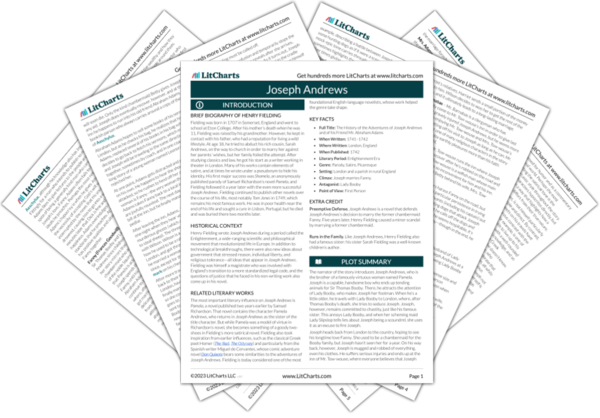Adams may value education and learning, but he also likes to maintain his ignorance at times when it suits him. Here, Adams blames his overindulgences not on himself but on the false information that the gentleman gave him. The host seems to have experience dealing with men like Adams and the gentleman, which is why he doesn’t make a big deal over Adams’s inability to pay.
